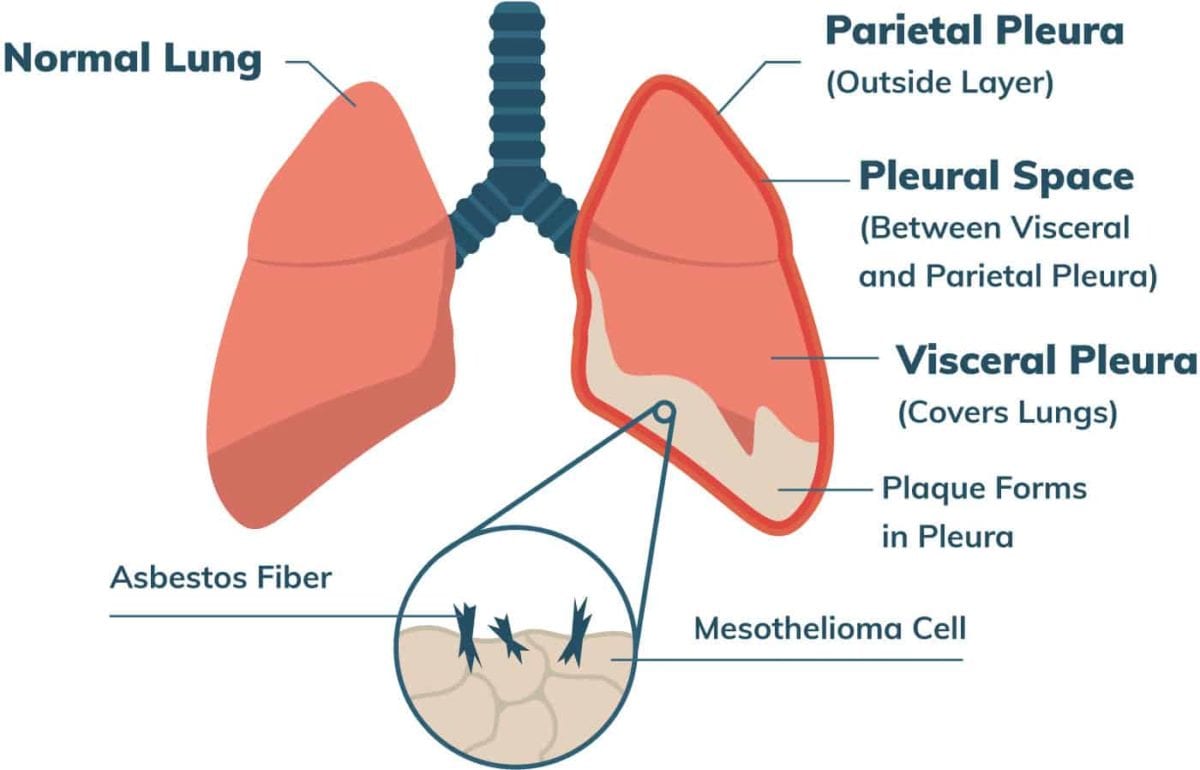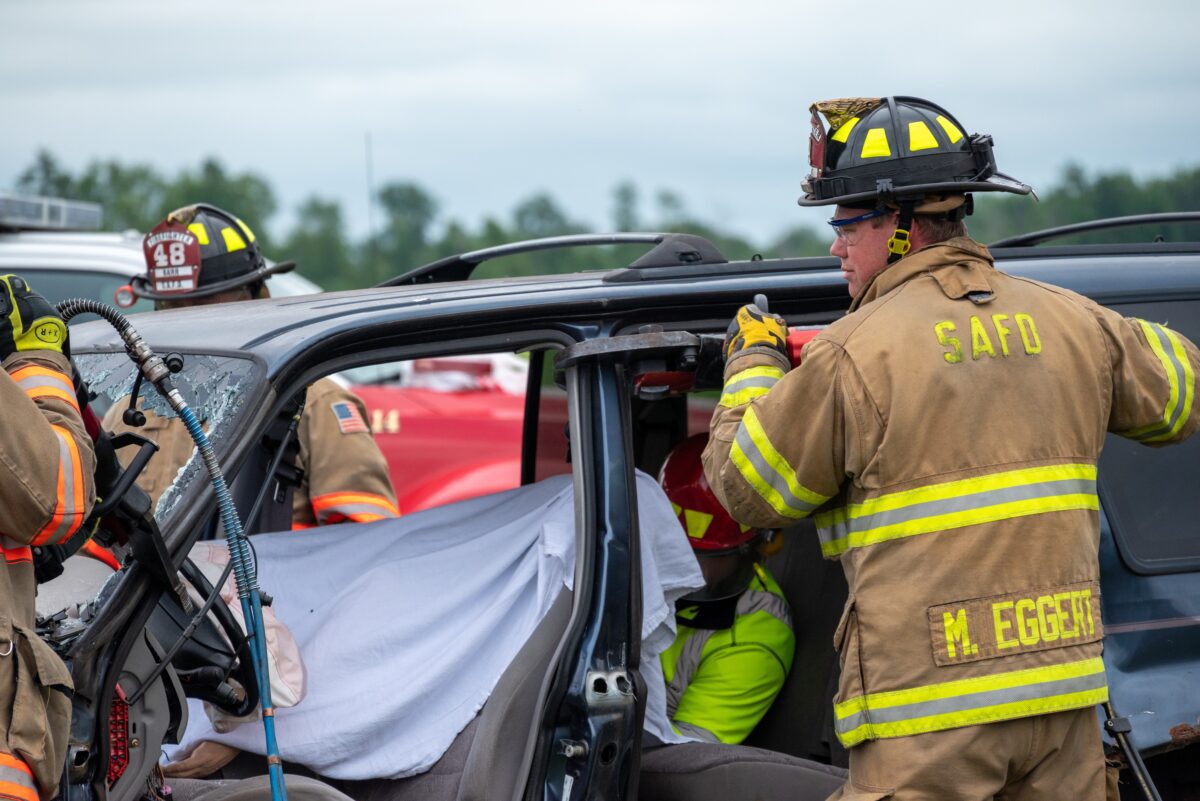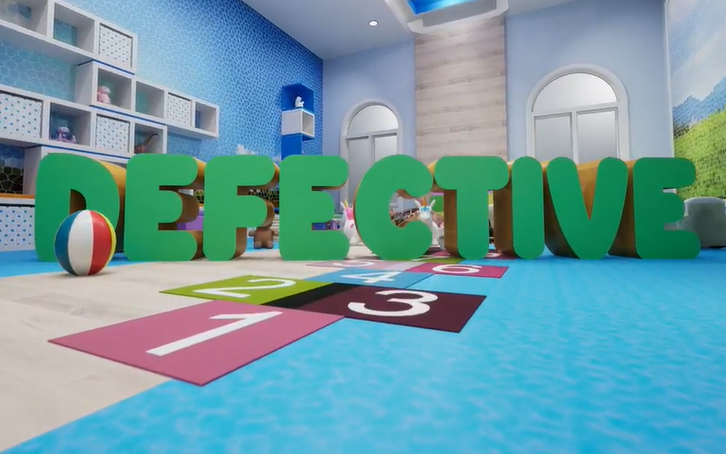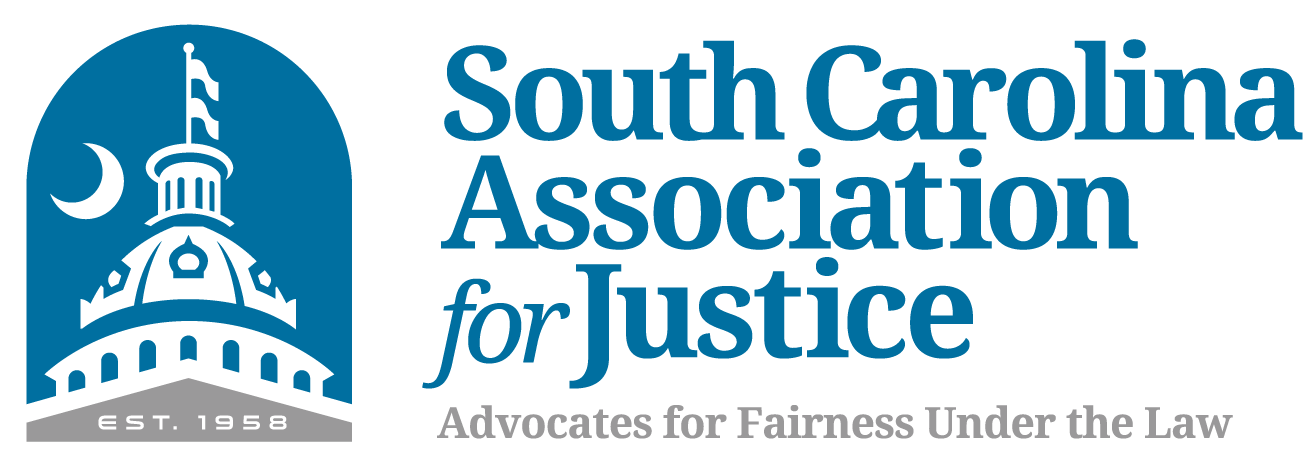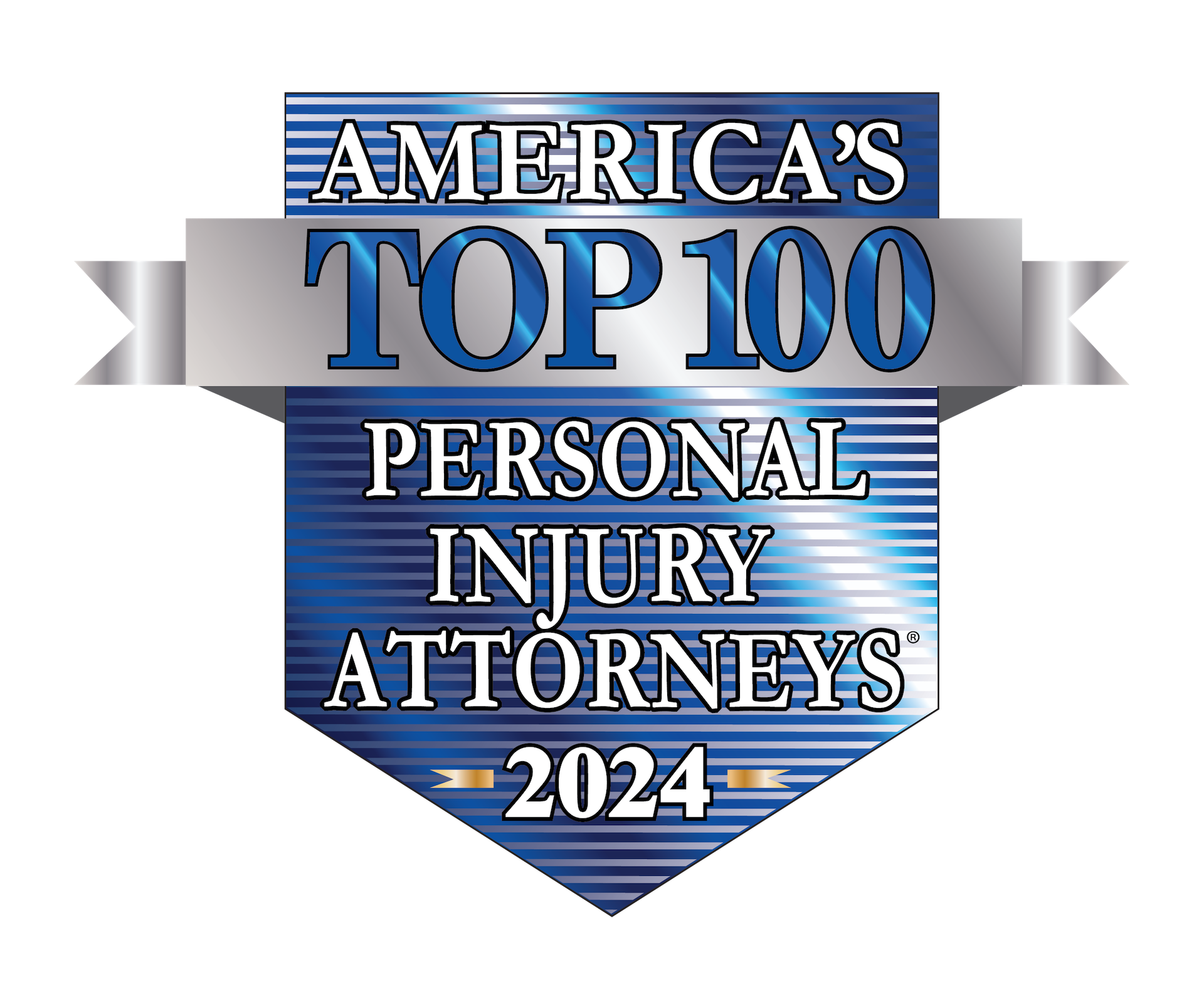Diagnostic errors in healthcare lead to around 800,000 deaths and disabilities in the US each year. That’s a huge number! In fact, even in South Carolina, this problem has serious implications for patients. A study by researchers highlighted in a recent CNN article reveals the alarming scale of this issue. These errors can happen for various reasons, like misinterpreting test results, not considering all the symptoms or even miscommunication between different healthcare professionals.
Understanding Diagnostic Errors in Healthcare
Healthcare is an essential aspect of our lives, ensuring that we stay healthy and get the treatment we need when we’re sick. However, there’s a hidden problem that has been causing harm to patients – diagnostic errors. Imagine going to the doctor, and they give you the wrong diagnosis. This can lead to serious consequences: “About 37,000 people die and 424,000 sustain permanent disabilities – such as brain damage, blindness, loss of limbs or organs, or metastasized cancer – each year as a result” of diagnostic errors. (CNN.com)
What are Diagnostic Errors?
When you visit a doctor, they listen to your symptoms, run tests, and try to figure out what’s wrong with you. This process is known as diagnosis. A diagnostic error happens when the doctor gets it wrong and gives you a diagnosis that’s not accurate. This could mean receiving the wrong treatment or not getting the right treatment on time.
Dr. Daniel Yang, an internist says, “Diagnostic errors are errors of omission…The question is: Could [the outcome] be prevented if we had done something differently earlier on? Oftentimes, that’s a judgment call that two doctors might disagree on.” (CNN.com)
How Do Diagnostic Errors in Healthcare Happen?
Diagnostic errors are like puzzles with missing pieces. Sometimes providers don’t have enough information to make an accurate diagnosis. For example, they may not have all of the patients’ records – from each encounter with primary doctors, specialists, emergency rooms and clinics. Other times, they might not have enough time to thoroughly analyze all the factors.
The Impact of Diagnostic Errors on Patients
Getting the wrong diagnosis can have serious consequences. It can lead to unnecessary treatments, delays in getting the right treatment, and even worsening of the actual condition. For instance, if a person with a heart problem gets diagnosed with a different issue, they might not receive the heart treatment they urgently need.
Around 40% of the deaths and disabilities linked to diagnostic errors are due to diagnostic errors in five conditions:
- Stroke
- Sepsis
- Pneumonia
- Venous thromboembolism (blood clot in a vein)
- Lung cancer
Why is Solving This Issue Important?
Fixing the problem of diagnostic errors is crucial to improving healthcare. Think about it: if doctors can accurately diagnose illnesses, they can provide the right treatment sooner, saving lives and reducing suffering. Imagine if those 800,000 people didn’t have to face death or disability due to the wrong diagnoses.
Steps Towards a Solution
The medical community (including professionals in South Carolina) is working hard to find ways to reduce diagnostic errors. This involves better training for doctors, using advanced technology for more accurate test results, and encouraging open communication among healthcare professionals. Also, patients can play a role by being active in their healthcare journey – asking questions, providing all relevant information, and seeking second opinions if needed.
Here’s a checklist from the National Academies of Sciences, Engineering, and Medicine that will make YOU an essential member of your diagnostic team:
- Tell your story well: Be clear, complete and accurate
- Be a good historian: Remember treatments you have tried in the past, whether or not they helped, and what, if any, side effects they caused.
- Keep good records: Keep up with test results, referrals, and hospital admissions. Keep a current list of your medications.
- Be informed: Learn about your illness, tests, and procedures you are having done, and your meds. Use reliable internet sources or visit a local library – do your homework!
- Take charge of your health: Ask questions, make sure all providers have the same info., and make sure you are informed and involved in any decisions made.
- Know your test results: Make sure you and your provider have results from any tests or procedures. If you don’t have those, call and ask for them. Ask what the results mean.
- Follow up: Ask about whether you need another appointment and set the appointment. Ask what to expect from any treatment. Ask what to do if you start having new symptoms or start feeling worse.
- Don’t just accept the diagnosis as correct: Ask what else it could be, forcing the provider to think about other possibilities.
A Brighter Healthcare Future
Diagnostic errors in healthcare are a serious concern that impact countless lives each year, including those in South Carolina. By understanding the issue, spreading awareness, and working together, we can move towards a future where accurate diagnoses are the norm. Remember, your health matters, and being informed can make a real difference.
Do I have a medical malpractice lawsuit in South Carolina?
To have a medical malpractice lawsuit in South Carolina, you need:
- To prove that you received below the reasonable standard of care; an error that an average, well-trained person would not have made,
- And – to prove that you suffered very serious injuries that you wouldn’t have if you had gotten proper care,
- And a medical expert to swear that they believe medical malpractice was committed.
David L. Hood, Your Attorney for South Carolina Healthcare Diagnostic Errors
Have you or someone you care about suffered because of medical negligence? Schedule your free consult with Medical Malpractice Lawyer David L. Hood and his legal team by calling The Law Offices of David L. Hood at (843) 491-6025 or filling out our brief online contact form.
We know how hard it can be to manage the short and long-term problems of a severe malpractice related injury. At The Law Offices of David L. Hood, we and our co-counsel legal team make an effort to simplify things for you. If you become our client, Medical Malpractice Attorney David L. Hood, co-counsel, and our group of experts will fight for you and your case. Let us put our over 30 years of experience to work for you! Contact us 24/7 by phone, chat, email or text today to get your free, no obligation, initial consultation! At The Law Offices of David L. Hood, you have questions – we have answers.
Also, see our blog Misdiagnosis of Melanoma, A Growing Concern


